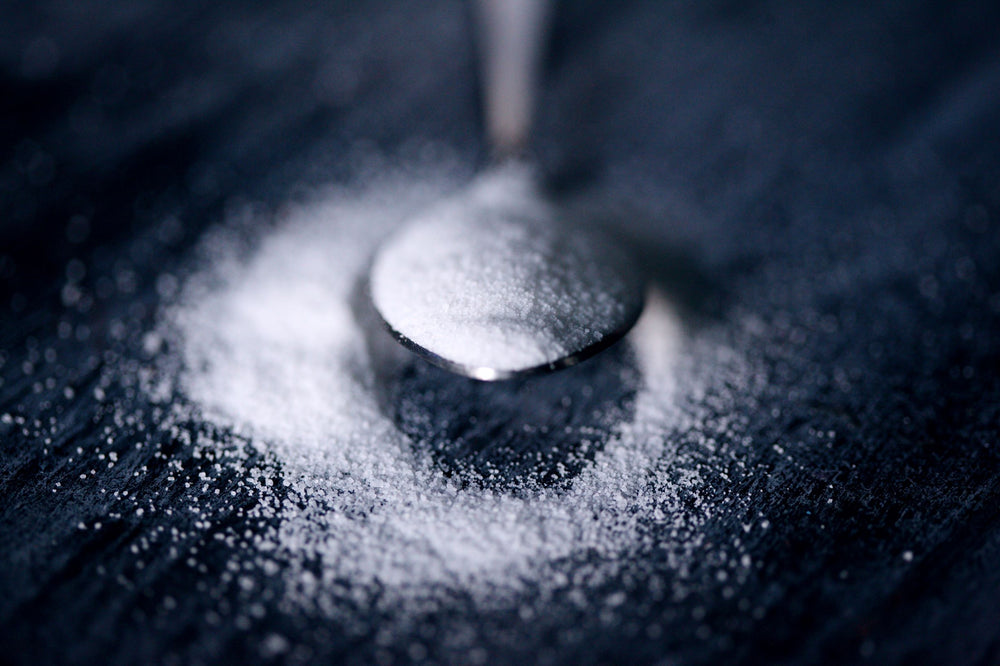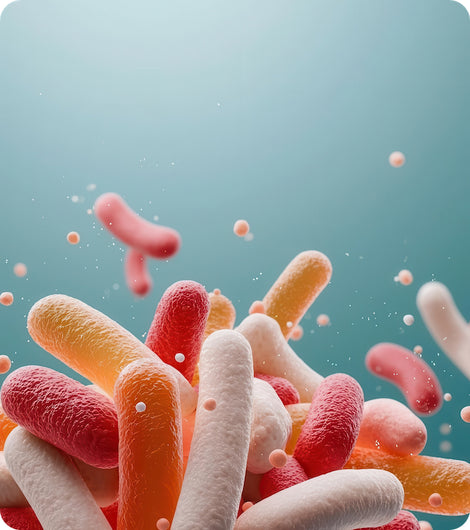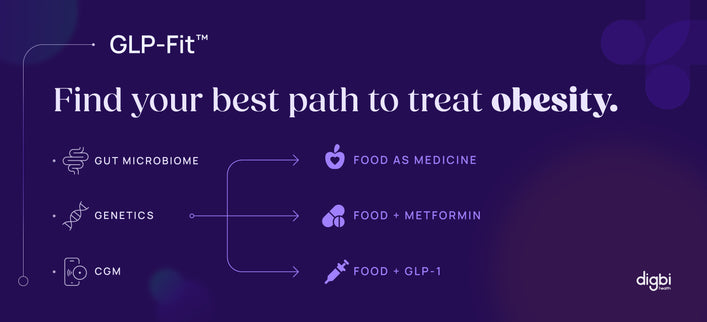As obesity and weight-related illnesses continue to prevail across the globe, sugar consumption and sugar alternatives have been utilized and scrutinized. Stevia, produced from plant leaves, is a popular natural sugar substitute. It aims to provide the sweet taste of sugar while keeping energy intake low.
However, controversy surrounds Stevia as it is exalted as a sugar alternative while being studied for possibly having negative side effects. So, is stevia bad for you? Know the facts and make an informed decision.
Before jumping into the controversies, we must first explore how Stevia differs from sugar.
Stevia vs. Sugar
To put it simply, Stevia metabolizes differently. When Stevia is consumed, steviol glycoside (the main compound in Stevia) travels through the body until it reaches the colon. It is here that the glycoside is removed, and the compound is transformed into steviol. Steviol then journeys to the liver and reacts with glucuronic acid to form glucuronide. The glucuronide makes it’s way to the kidneys and leaves the body in the urine.
The main takeaway: There is no glucose, and insulin isn’t produced.
Sugar, on the other hand, is broken down into glucose. Glucose enters the bloodstream and travels to muscles and organs. There it is converted into energy with the help of insulin. Thus, it can also affect the blood sugar.
The main takeaway: There is glucose, and insulin is produced.
For those wanting to keep insulin levels steady, this may seem like a good deal. However, evidence shows that Stevia can have negative side effects.
Stevia Side Effects and Controversies
Through multiple studies, researchers have found that the consumption of Stevia can negatively impact crucial relationships within the body, organ functions, and gut bacteria.

Relationship Disruption
Sweeteners, like Stevia, taste much sweeter than sugar. In fact, they can be hundreds to thousands of times sweeter than sugar. With very few calories, sweeteners may seem like a perfect alternative. However, when you taste sweet things, your body naturally prepares to metabolize the compounds that usually accompany them. These compounds are not found in Stevia and thus confuses the body, disrupting the predictive relationship.
By-products of stevia, such as Zevia soda have more or less the same composition, as Stevia is the main ingredient in the making of Zevia.
Thyroid
Under normal circumstances, your body converts T4 (an inactive thyroid hormone) into T3 (an active thyroid hormone). This can all be done through the assistance of glycogen. Unfortunately, Stevia does not produce glycogen, making it impossible for the body to convert T4 to T3. As a result, your thyroid works slowly (hypothyroidism), resulting in a slowed metabolism that can cause weight gain, hair loss, and lack of energy.
Gut Bacteria and Dysbiosis
Our gut biomes are crucial to a healthy lifestyle. To read about how gut microbiome helps us, please check out our blog post, How your gut microbiome protects you from infectious disease.
Studies have shown that the consumption of sweeteners like Stevia changes gut biome, which causes dysbiosis (disruptions in gut bacteria) and appears to lower the healthy status of the gut bacteria.
Weight Gain and Health Risks
Research has shown that Stevia can stimulate weight gain. Stevia affects the fermentation process, disrupting the production of short-chain fatty acids (SCFAs). Obesity, high-fat mass, and cholesterol are often linked to the imbalance between SCFAs and valerate and acetate.
Additional studies have revealed that diet soft drinks, of which sweeteners are an ingredient, increased the risk for type 2 diabetes, cardiovascular disease, hypertension, and stroke.
Digbi Do's
While research into artificial sweeteners is still ongoing, it appears that sweeteners like Stevia can negatively impact health.
Digbi Health recommends avoiding the use of artificial sweeteners and natural sugar alternatives, like Stevia, whenever possible due to the adverse side effects. Instead, we recommend reducing the amount of sugar content through small changes in your diet.
For example, instead of adding Stevia to your coffee in the morning, add a dollop of cream. You get the delicious natural sweetness without the negative side effects.













